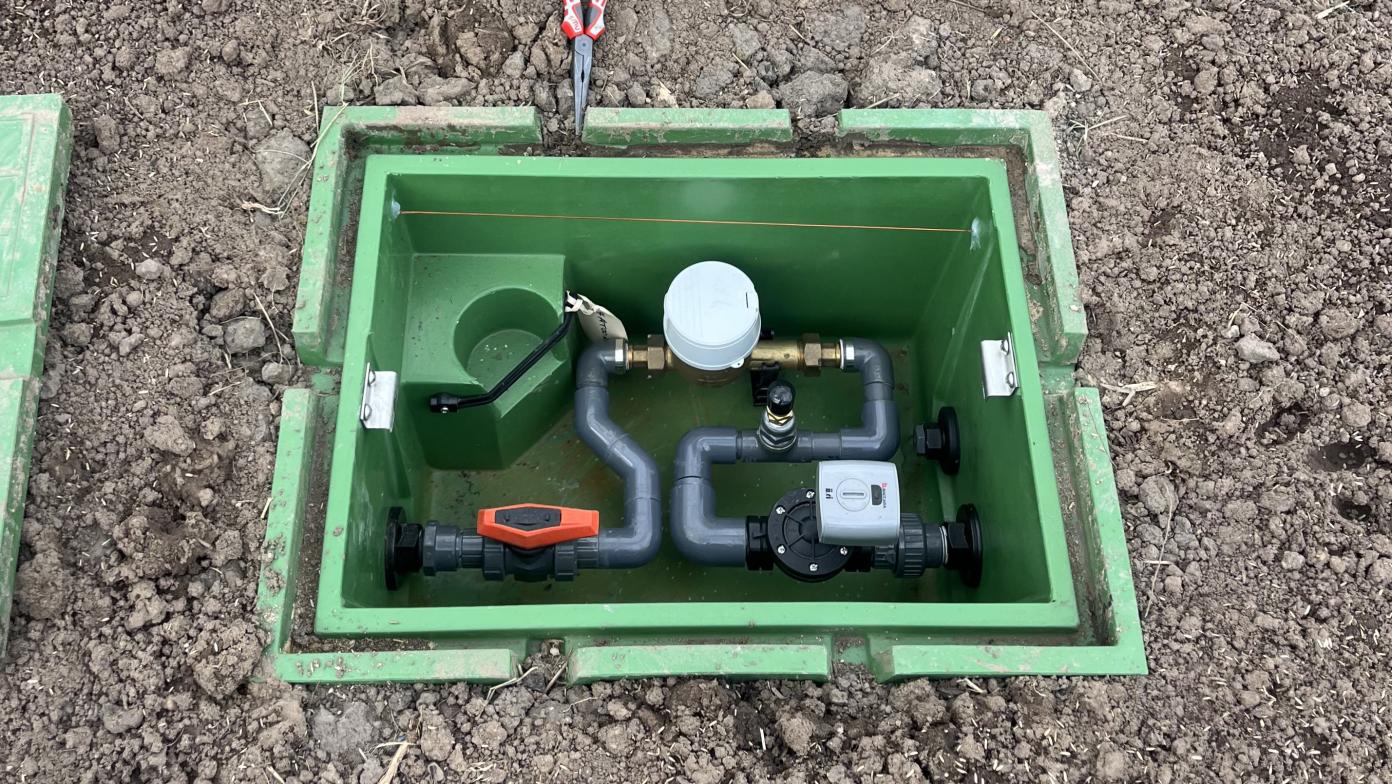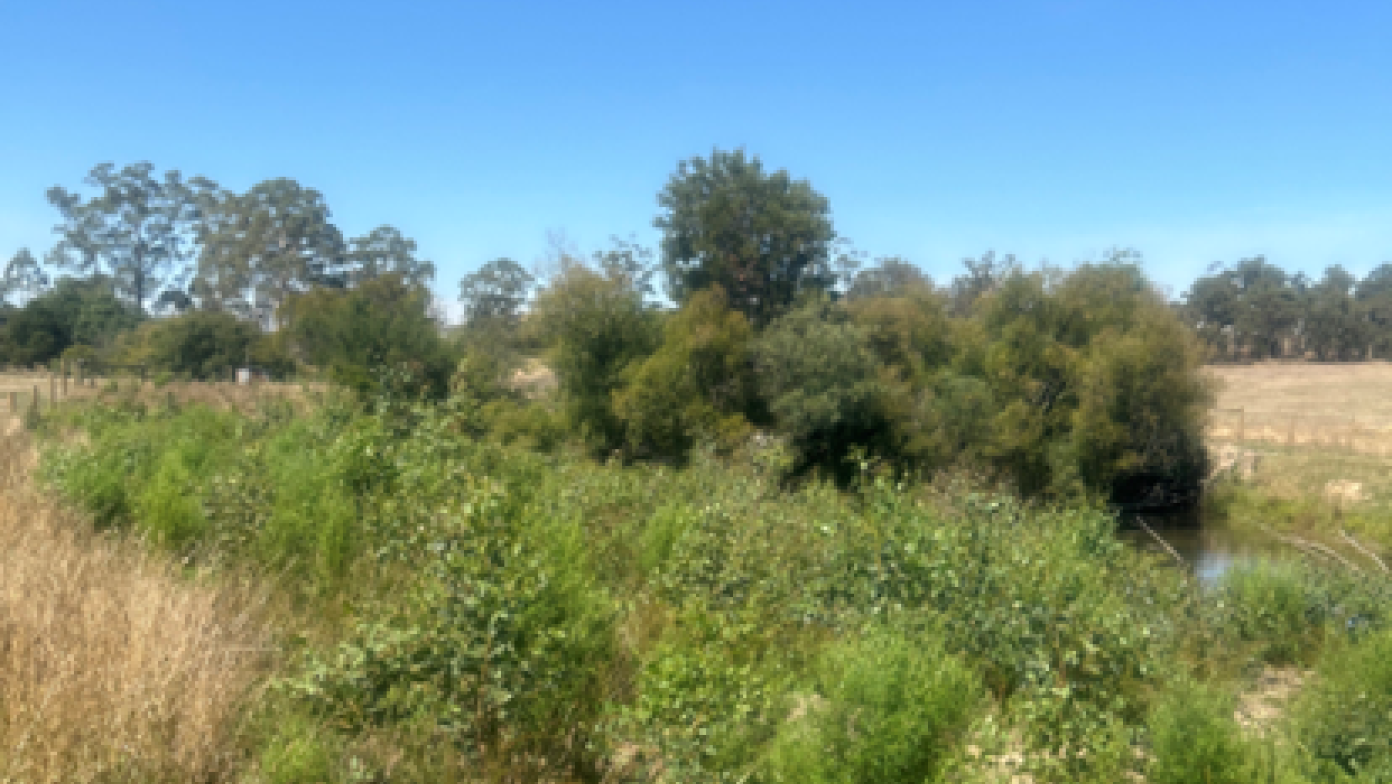Breaking new ground to improve soil quality
Gippsland Water has successfully used innovative science-based techniques to improve soil quality and grow large wheat and canola crops at its Dutson Downs farm.
The site, which is marginal farmland, is managed by the organisation’s farming business, Gippsland Regional Agribusiness, and plays an important role in the organisation's circular economy operations.
Managing director Sarah Cumming said the Dutson Downs site was an example of soil restoration techniques producing great results.
“We use scientifically proven mechanical and biological agricultural tools, with a particular focus on compost, to improve soil quality and grow high yielding crops,” Ms Cumming said.
“A combination of regenerative techniques are applied, including low impact fertilisation to improve carbon retention and biodiversity and grow wheat and canola crops on site.
“We’re the only organisation we know of using compost to carry out soil restoration on this scale.
“The compost used comes from our 350-hectare composting and organics recycling facility, Gippsland Regional Organics."
Ms Cumming said the organisation worked throughout its service area to improve sustainability and the natural environment.
“We take our role as caretakers for tomorrow very seriously and work hard to protect and enhance natural resources at the sites we manage,” Ms Cumming said.
“We’re committed to leaving Country better than we found it, and our approach is informed by the knowledge that the health of plants, animals, land and waterways are incredibly interdependent.
“Soil contains microorganisms, minerals, organic matter, and other nutrients that are vital parts of a healthy, functioning ecosystem.
“Soil quality impacts the health of waterways and the region’s biodiversity, as well as crop and livestock health.”
To learn more about Gippsland Water’s environmental stewardship role, visit www.gippswater.com.au/caretakers


